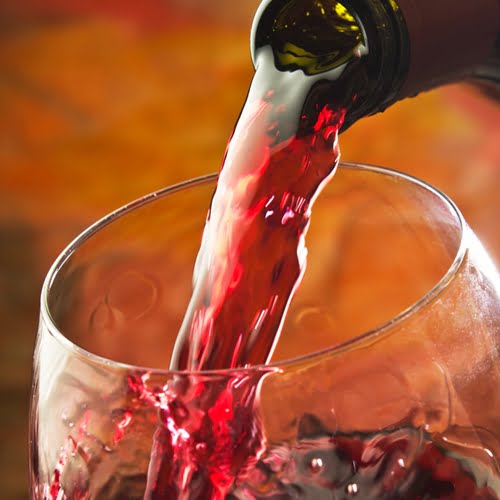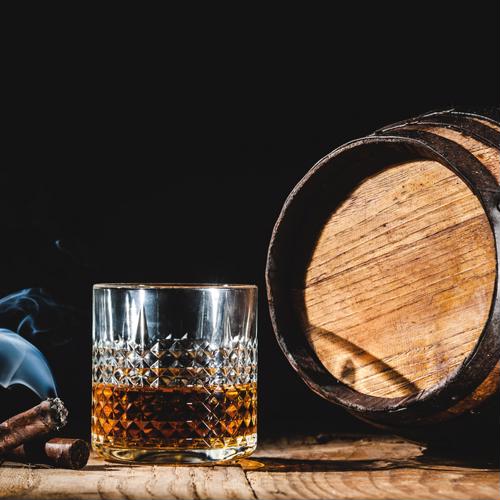
Wine labels might be able to help alert consumers to brands they haven’t been able to find.
Where the finest products along with everything you need for “do-it-yourself” label printing are just a click away.
Call Now: +1-866-299-0066 or Live Chat

In late 2018, The Alcohol and Tobacco Tax and Trade Bureau announced a new proposal to modernize the labeling and advertising rules for alcoholic beverages. The rulemaking document was published to the Federal Register Nov. 26 and outlined the agency’s plan to update existing regulations to provide simple and clear labeling guidelines for wine, distilled spirits and malt liquors. This regulatory action is part of the TTB’s ongoing efforts to improve its labeling program and reduce wait times for approval requests. Some of the agency’s previous updates include:
Until recently, the TTB has focused on creating more effective guidance documents and digital resources to help business owners understand the approval process and remain complaint. The agency’s decision to amend existing standards is aimed at removing some of the regulatory burden from beverage manufacturers, according to a press release on TTB’s website.
Contemporary guidelines for labeling and advertising alcoholic beverages have been built up over decades of regulatory action, an approach that has created a severe lack of continuity and a great deal of dropped productivity. For example, domestic manufacturers of distilled spirits and wine are required to obtain a Certificate of Label Approval from the TTB before bottling their products or selling them across state lines. Manufactures that do not plan to sell their products interstate must obtain a certificate of exemption, which can take just as long to secure as a standard approval.
Another issue with current regulations are the confusing rules governing what can and cannot be placed on a product’s label. The TTB requires manufacturers to include certain product information on their “brand label” for each alcoholic beverage – grape wine producers must list the vintage date, alcohol content, country of origin, appellation of origin and more – but the rules vary drastically between different types of alcohol. Additionally, the agency’s guidelines prohibit any statements that may mislead customers about the age, origin or identity of the product and do not allow health-related information or endorsements to be included on a product’s packaging. While these rules are a net benefit for consumers, the lack of standardization has had a chilling effect on beverage manufacturers’ marketing strategies.

The TTB’s 132-page modernization proposal is chock full of updated guidelines, many of which seek to clarify some of the vague rules it already has in place. If passed, the new regulation would eliminate the concept of a “brand label” in favor of clear designations for the placement of mandatory information, as reported by Food Dive. This would give manufacturers more leeway to design eye-catching labels and packaging without sacrificing product transparency. Here are some of the other proposed updates within TTB’s document:
The TTB has encouraged public comments on its proposed amendments, which must be submitted before March 26, 2019. The agency claims it is open to suggestions for other changes to existing guidelines that may help streamline the approval process or reduce the regulatory burden of beverage manufacturers.
Regulations evolve as quickly as consumer preferences, so be sure to view our high-quality label printers at DuraFast’s U.S. store or Canada page.